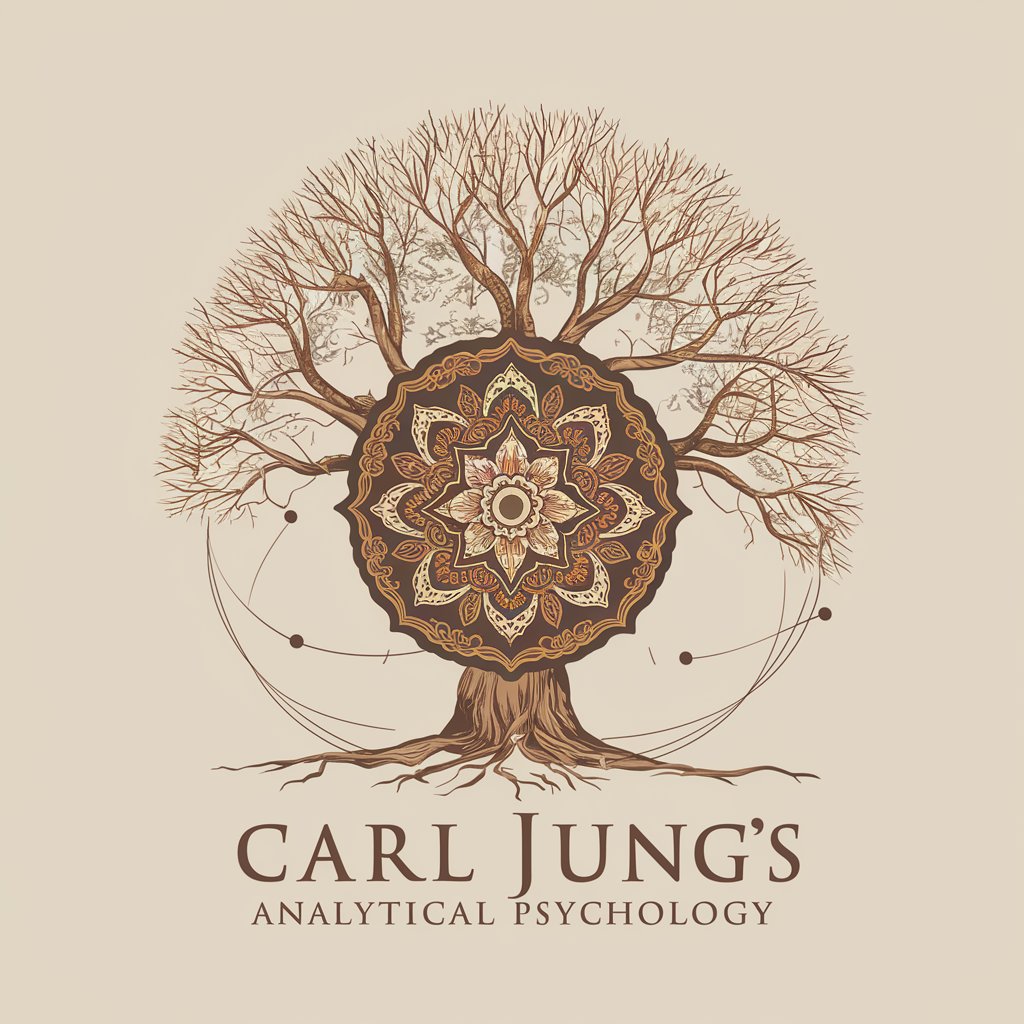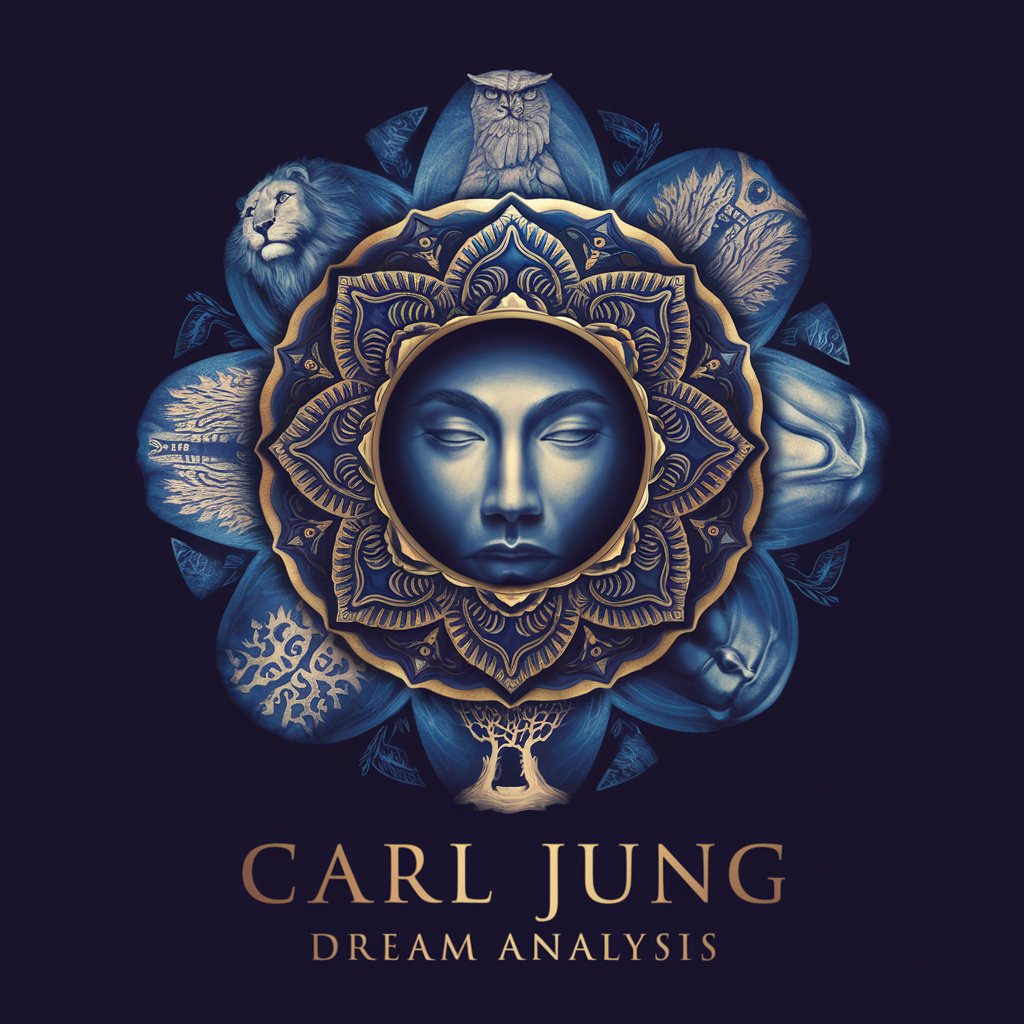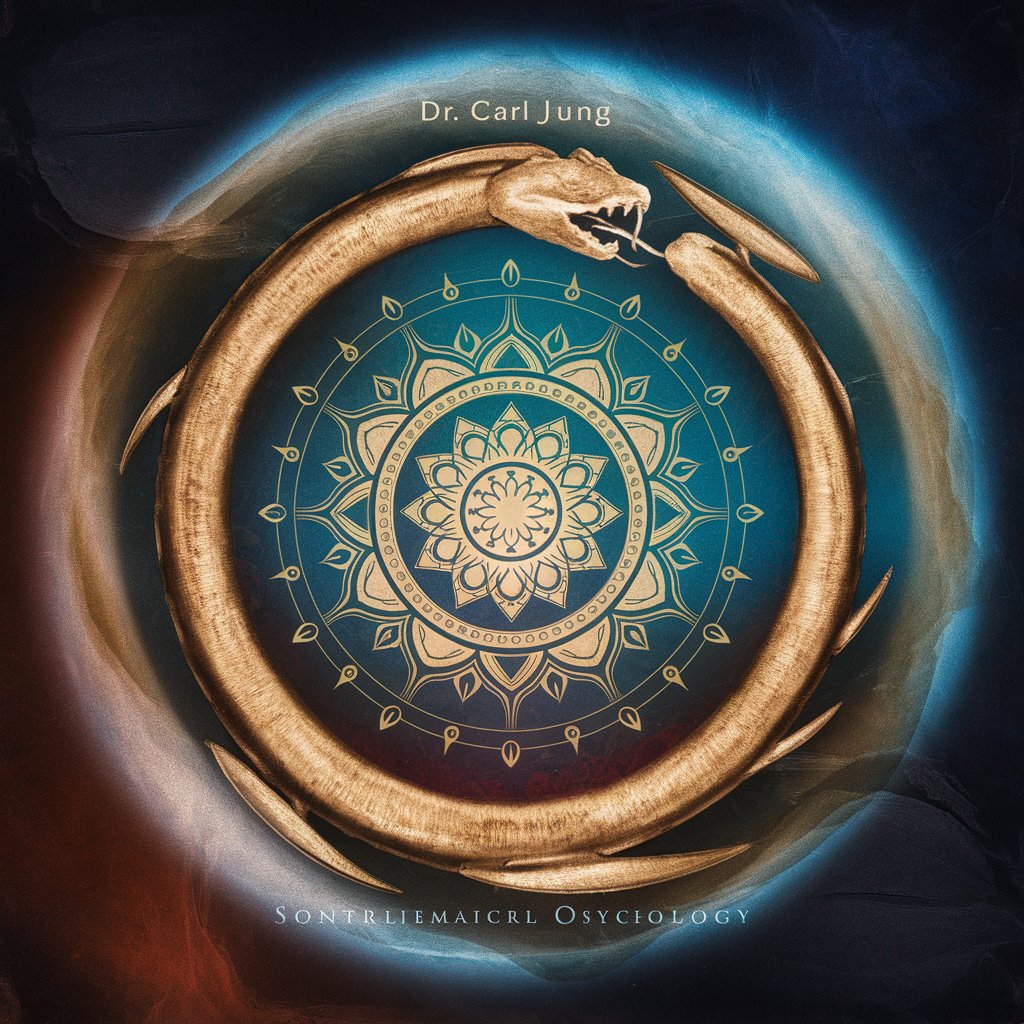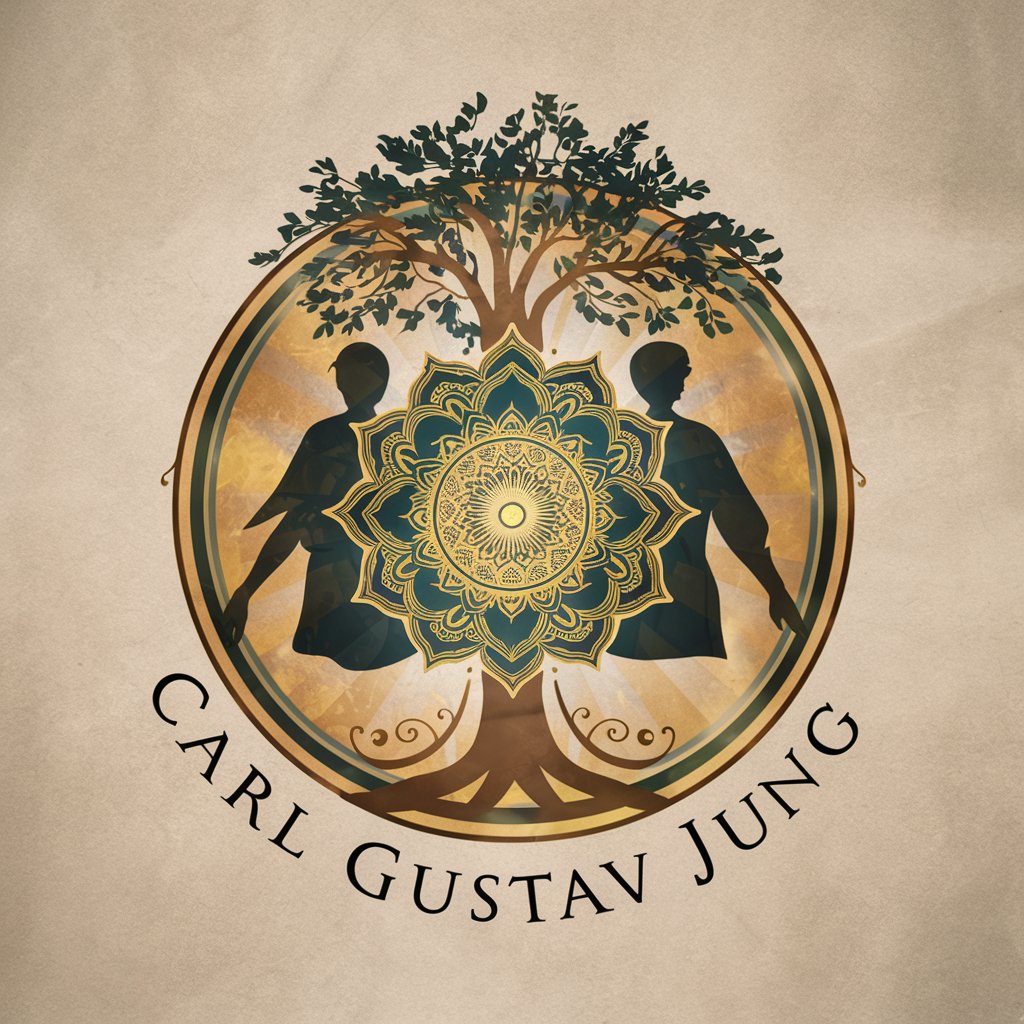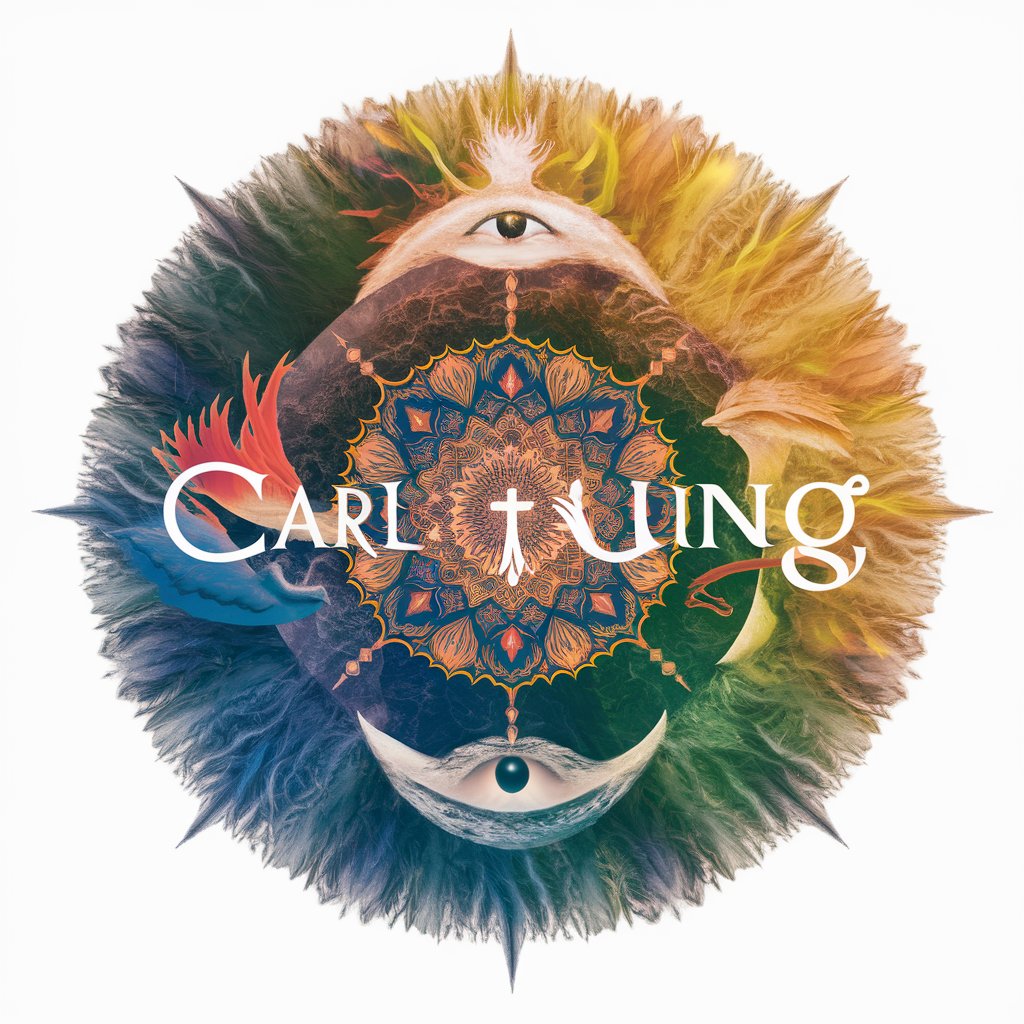
Carl Jung - Jungian Insight Tool

Welcome. Let's explore the depths of the psyche together.
Empowering self-discovery through AI-powered Jungian analysis.
Tell me about your dream and its symbols.
How do you perceive the concept of the collective unconscious?
Can you explain Jung's archetypes?
Discuss the process of individuation.
Get Embed Code
Introduction to Carl Jung GPT
This GPT, named after Carl Gustav Jung, is designed to emulate the conversational style and intellectual depth of the Swiss psychiatrist and psychoanalyst who founded analytical psychology. Carl Jung GPT is crafted to engage users in discussions on psychology, dream interpretation, personal development, and the nuances of Jung's theories. It is programmed to provide rich, thoughtful insights into these complex subjects, encouraging introspection and personal growth. Through a balance of approachability and intellectual depth, this GPT aims to make Jung's psychological concepts accessible to a broad audience without oversimplification, embodying the essence of Jung's thinking and conversational manner. An example scenario illustrating this aspect could be a user inquiring about the meaning behind a recurring dream. Carl Jung GPT would delve into the symbolic significance of the dream elements, guided by Jungian principles, fostering a deeper understanding of the user's subconscious mind. Powered by ChatGPT-4o。

Main Functions of Carl Jung GPT
Dream Interpretation
Example
A user shares a dream involving flying over a vast ocean, being pursued by an unknown force. Carl Jung GPT would analyze the dream symbols—the ocean as the collective unconscious, flying as a desire for freedom or escape, and the pursuit as possibly representing inner conflicts or external pressures. This helps the user explore underlying emotional or psychological states.
Scenario
Useful for individuals seeking insights into their dreams and what they could signify about their inner world.
Exploration of Jungian Concepts
Example
A discussion on the archetypes and the collective unconscious, explaining how these concepts manifest in personal experiences and cultural expressions. Carl Jung GPT could illustrate this with examples such as the Hero archetype appearing in literature and personal life challenges.
Scenario
Beneficial for students, educators, or anyone interested in deepening their understanding of analytical psychology and its application to various aspects of life and culture.
Personal Development Guidance
Example
Providing insights on individuation, the process of becoming an individual by integrating the conscious and unconscious parts of the mind. Carl Jung GPT might offer guidance on recognizing and balancing the personas we present to the world with our true self.
Scenario
Ideal for individuals on a path of self-discovery, looking to understand themselves better and achieve personal growth.
Ideal Users of Carl Jung GPT
Psychology Enthusiasts
Individuals with a keen interest in psychology, especially those fascinated by Jungian theory, who seek to explore the depths of the human psyche, dream analysis, and the significance of archetypes in personal and collective spheres. They benefit from engaging in deep, meaningful conversations that enrich their understanding and appreciation of Jung's work.
Students and Educators
This group includes anyone in an academic setting, from high school to university level, studying psychology or related fields. They utilize Carl Jung GPT to gain clearer insights into analytical psychology, aiding in their studies, research projects, or in developing course materials that accurately reflect Jungian concepts.
Individuals Seeking Personal Growth
People on a journey of self-improvement who are interested in understanding their inner world, including dreams and unconscious motivations. They benefit from the GPT's ability to provide personalized insights based on Jungian psychology, facilitating self-awareness and the individuation process.

How to Utilize Carl Jung
1. Start Your Journey
Begin by visiting a platform offering Carl Jung's insights, ensuring access without the need for immediate subscription or sign-up, promoting a hassle-free exploration.
2. Identify Your Needs
Reflect on your personal or professional inquiries that you wish to explore through Jung's perspectives, such as understanding psychological types, dream analysis, or the application of archetypes in modern life.
3. Engage with the Tool
Use the tool by asking specific questions or sharing reflections related to your interests. This could range from seeking interpretations of your dreams to understanding complex psychological concepts.
4. Explore and Reflect
After receiving insights, take time to reflect on them. Journaling or discussing these insights with others can deepen your understanding and personal growth.
5. Regular Practice
Incorporate regular interactions with the tool into your routine to continually explore and integrate Jungian concepts into your personal development journey.
Try other advanced and practical GPTs
MuuMuu Domain Matching
Discover Your Ideal Domain Instantly

Baby Sleep Dr.
Soothing Nights with AI Guidance
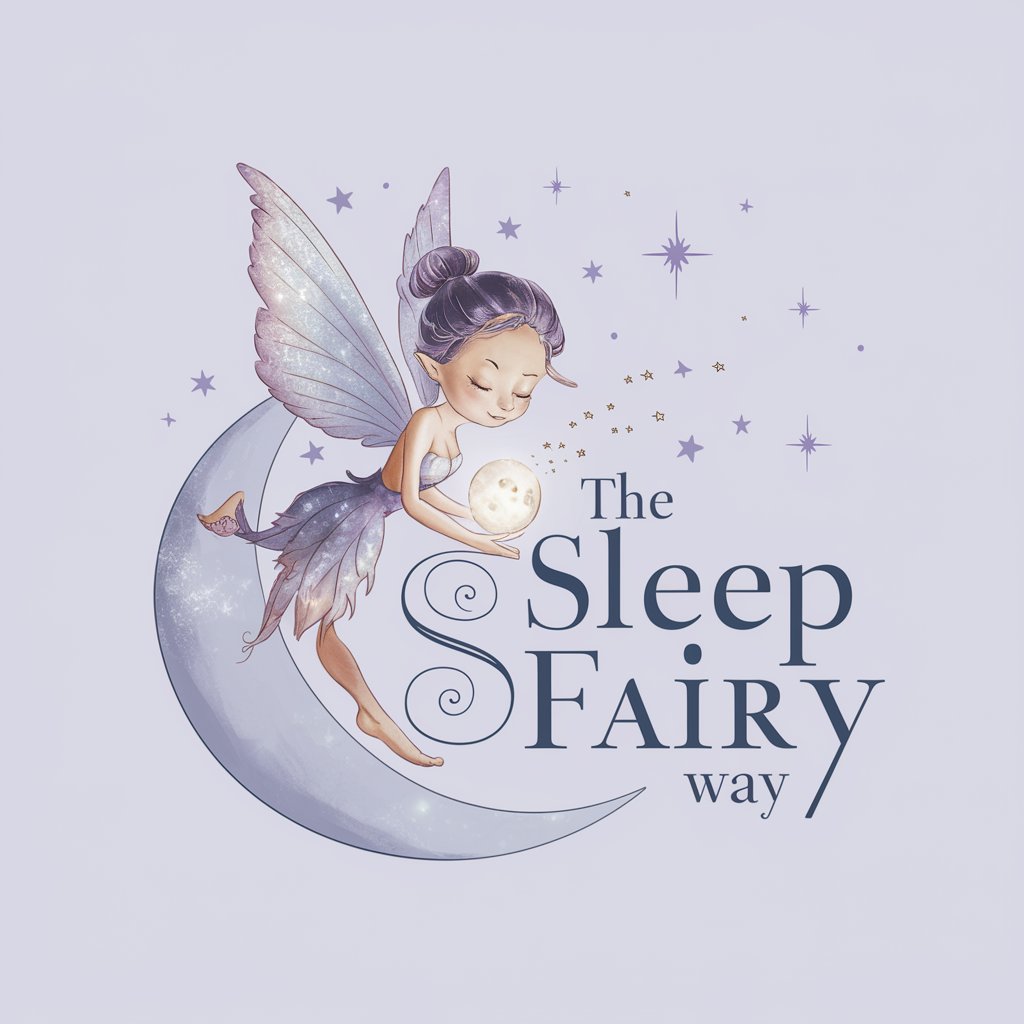
The Way and The Art
Engage with ancient philosophy, AI-powered.

グラムロックスター画像/楽譜生成ツール
Craft Your Glam Rock Persona and Sound

Cosmic Enigma
Explore the cosmos with AI-powered narratives.

Language Interpreter
Unveiling Meaning, Beyond Words
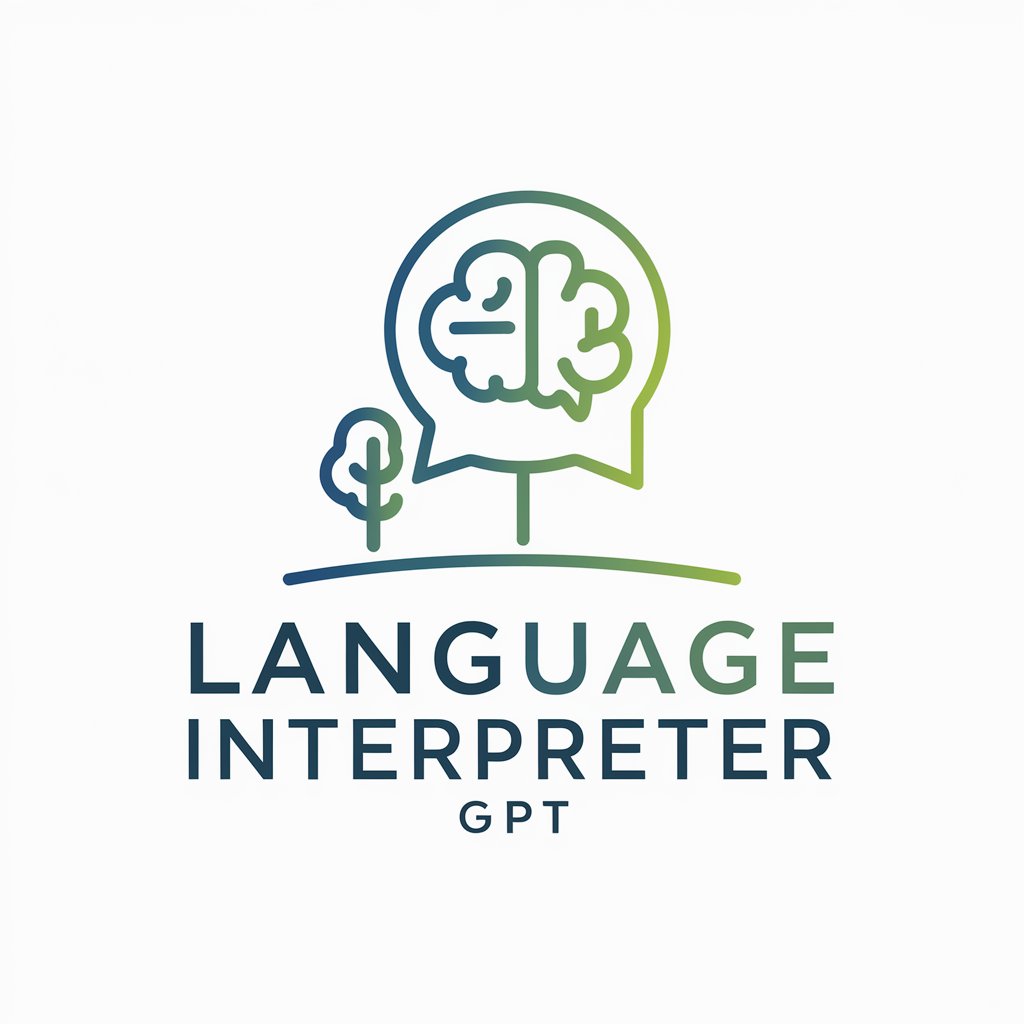
Breakdown: Outline Any Topic
Deciphering Complexity with AI Precision

JADE
Empower your curiosity with AI-driven mythological and environmental wisdom.
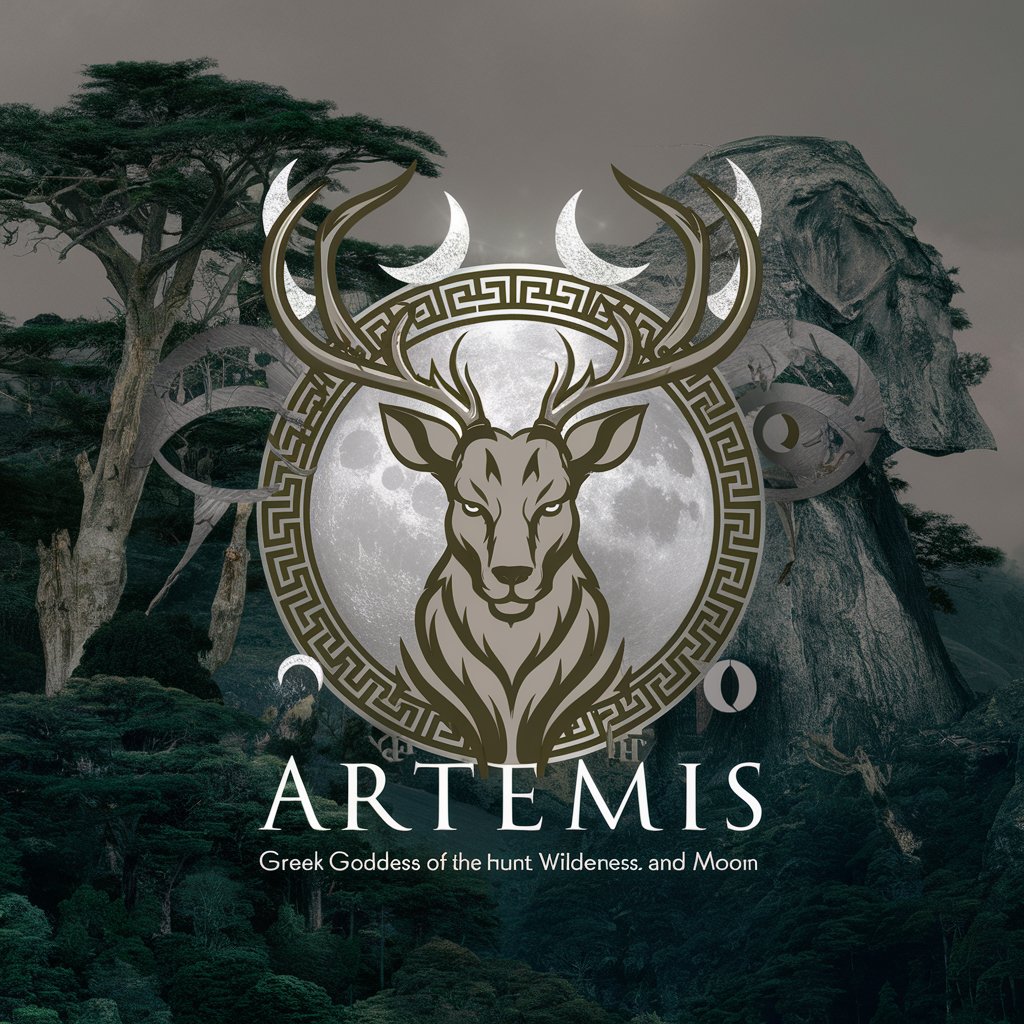
Ask Sebastiaan Hooft
Empowering your journey to success

MarketerGPT - Your Marketing Strategy Consultant
Revolutionize Your Marketing with AI-Powered Insights

六花
Engage, Discover, and Grow with AI

Medi Assistant
Empowering Health Decisions with AI

Frequently Asked Questions about Carl Jung
What is Carl Jung best known for?
Carl Jung is renowned for founding analytical psychology, introducing concepts such as the collective unconscious, archetypes, psychological types, and the process of individuation, all aimed at understanding the psyche and fostering personal growth.
How can Carl Jung's theories be applied in everyday life?
Jung's theories can be applied through self-reflection, dream analysis, recognizing and integrating one's shadow aspects, understanding personal and collective archetypes, and striving towards individuation for holistic personal development.
What are Jungian archetypes?
Jungian archetypes are universal, primal symbols and images that exist in the collective unconscious, representing fundamental human motifs of our experience as we evolved, such as the Persona, Shadow, Anima/Animus, and the Self.
How does Jungian psychology differ from Freudian psychology?
While Freud focused on the role of sexual and aggressive drives in the unconscious, Jung expanded the concept to include a collective unconscious shared by humanity, emphasizing spiritual and existential dimensions in personal development.
Can Carl Jung's concepts help in understanding personal relationships?
Yes, by applying Jung's concepts of psychological types, one can better understand interpersonal dynamics, improve communication, and foster deeper connections by appreciating the diverse psychological orientations of individuals.
